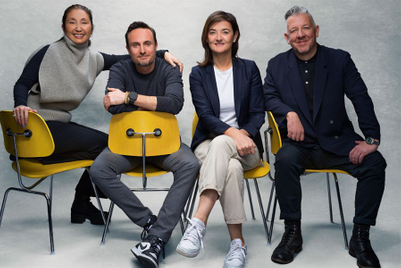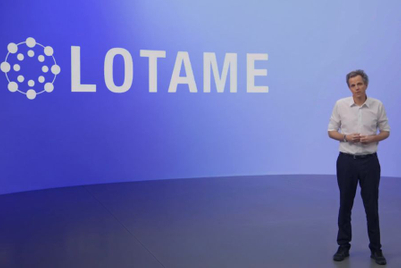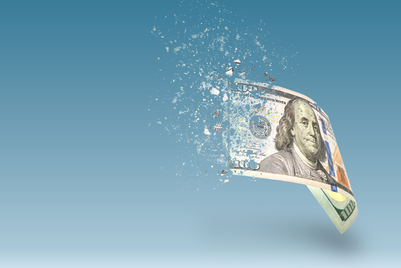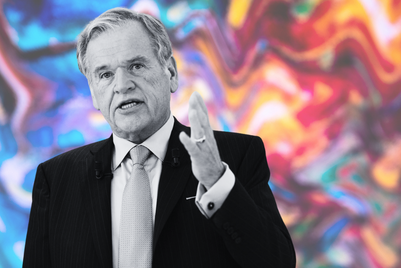
‘Less about a moment, more about a movement’ was how Pepsi in North America described The Refresh Project, its $20m corporate social responsibility (CSR) initiative. Breaking with a 23-year tradition, Pepsi didn’t appear in the Super Bowl and instead invested in Refresh to reward the best ideas to improve local communities. Every month in 2010, the Refresh site can receive up to 1,000 suggestions and the best ones are voted for by the US public. Despite not actually advertising, Pepsi was one of the Super Bowl’s most buzzed about brands.
I think this kind of grass roots approach is gaining traction. At a time when so many people still feel the fall-out from the financial crisis, some brands are eschewing the multi-million dollar one-off big media spend. Maybe it’s more appropriate to explore projects like Refresh that could leave a legacy and, ultimately, reflect positively on the brands instigating them.
This kind of strategy has the potential to engage consumers who are struggling to pay bills or make their business work. This latter group was targeted by Miller High Life on Super Bowl Sunday. Reinforcing its reputation for being ‘on the side of the little guy’, Miller donated its Super Bowl spot to four small business-owners to promote their stores. Online, they were interviewed in more detail; one commented: ‘This is like a Cinderella story for small businesses.’
Clients often tell me that the best ideas are those that stare you in the face. Lacoste must have experienced this when it became the first international brand to support the Save Your Logo initiative which commits the brand to a $500,000 donation over three years to help protect crocodiles. Save Your Logo reckons there are 300 endangered species featured in logos and works with brands to save them; so French insurance company, MAAF Assurances is helping to safeguard dolphins.
Also on an environmental note, the launch of Renault’s electric car in 2011 will be heralded via a branded TV station which launched late last year. Renault has always stood for far more than the ego-centric pleasure of driving, and, with next year’s launch, its remit extends beyond the comfort and safety of drivers and passengers to include the wider world. I think deep-rooted brand philosophies like Renault’s not only promote a consistent brand message, they also leave a legacy on the conversation.
Nissan, meanwhile, encouraged people to consider the future of the car through a partnership with TED Conference founder, Richard Saul Wurman. The campaign website described it as ‘a cultural shift to accommodate the technological shift’.
Brands are in a strong position to challenge the status quo, to prompt progress and change the conversation. In other words, to create movements, not moments. What could yours be?


.jpg&h=334&w=500&q=100&v=20250320&c=1)
.jpg&h=334&w=500&q=100&v=20250320&c=1)


.jpg&h=334&w=500&q=100&v=20250320&c=1)


.jpg&h=334&w=500&q=100&v=20250320&c=1)
.jpg&h=334&w=500&q=100&v=20250320&c=1)





.jpg&h=268&w=401&q=100&v=20250320&c=1)
.jpg&h=268&w=401&q=100&v=20250320&c=1)


